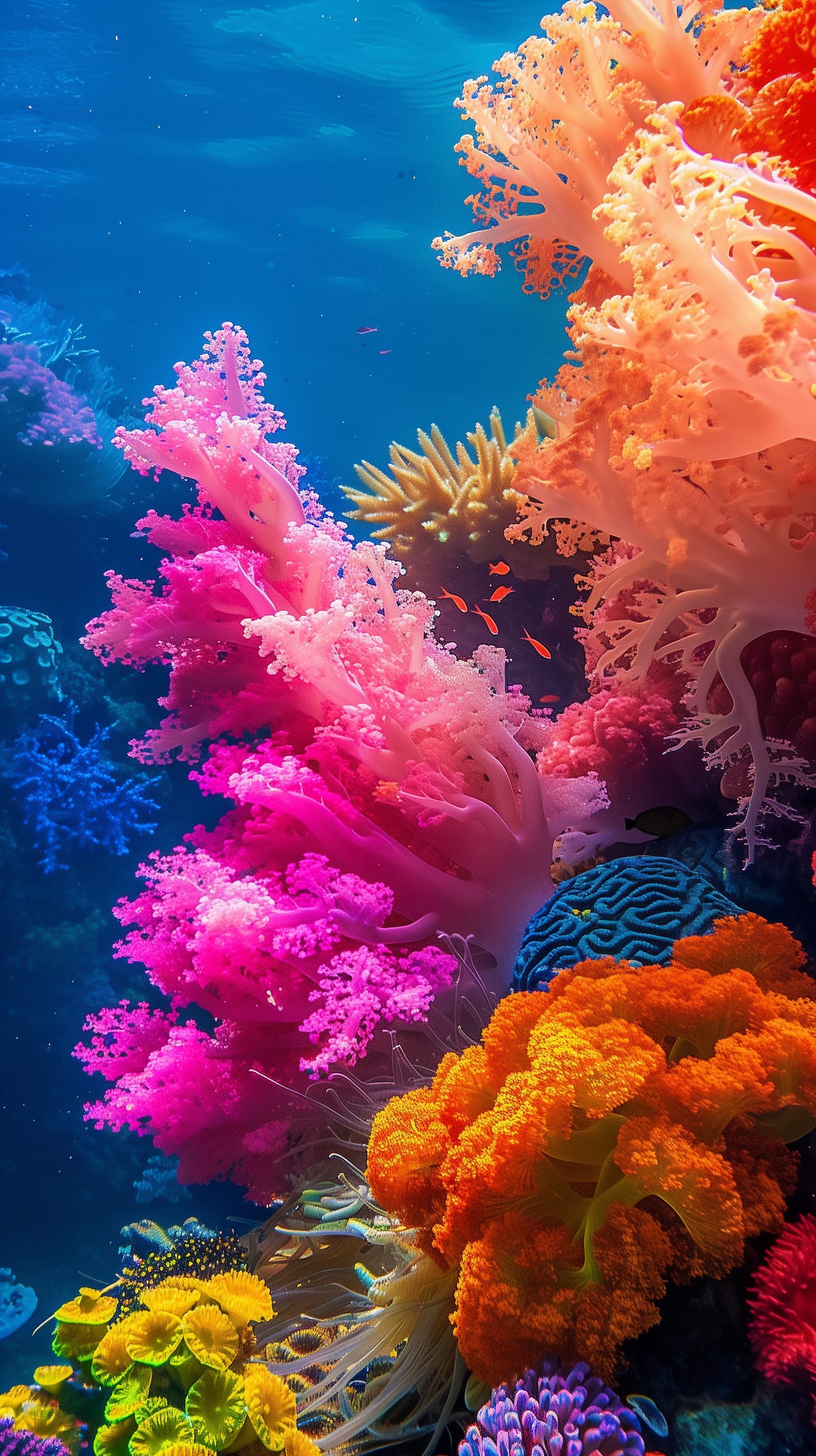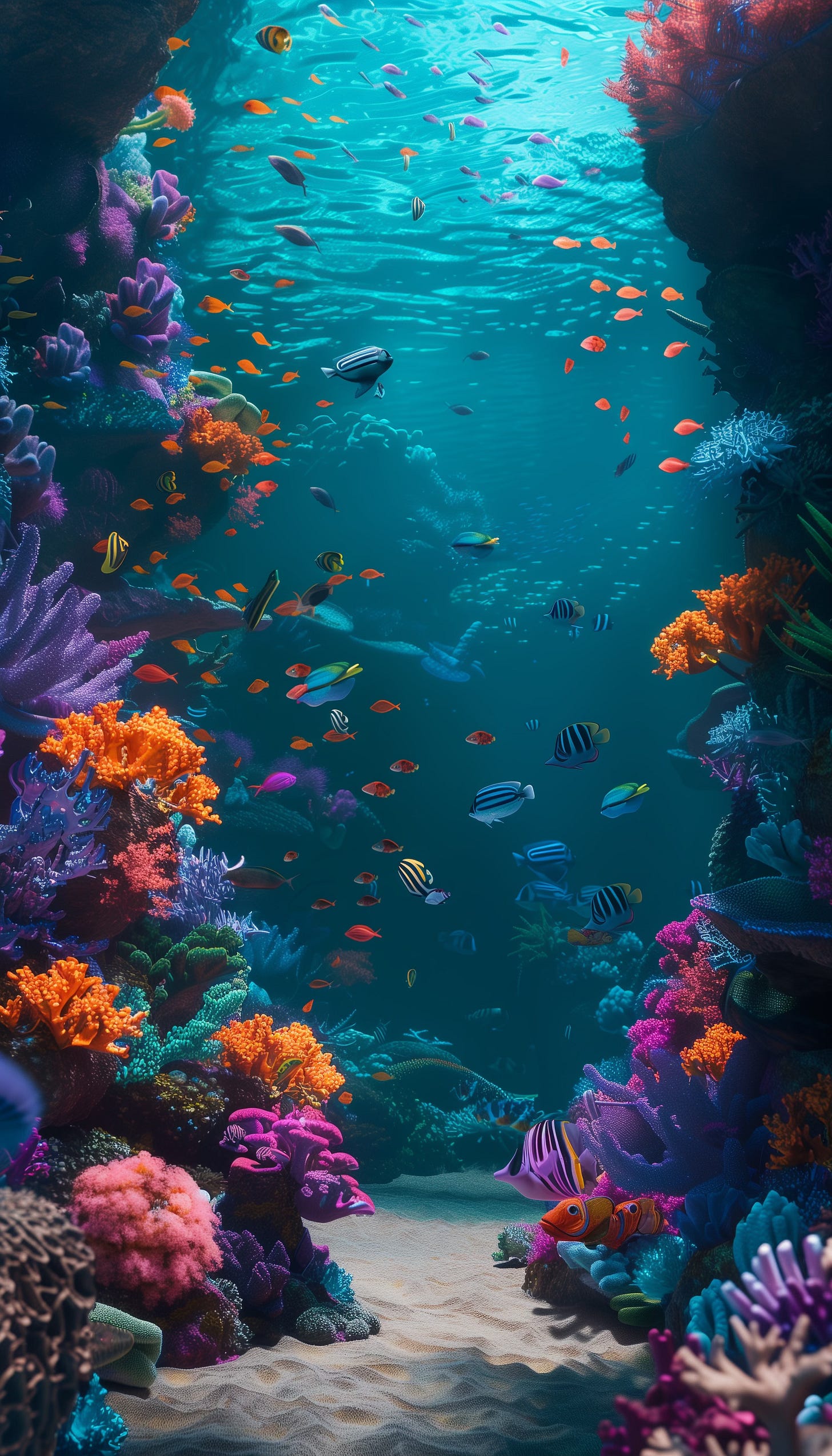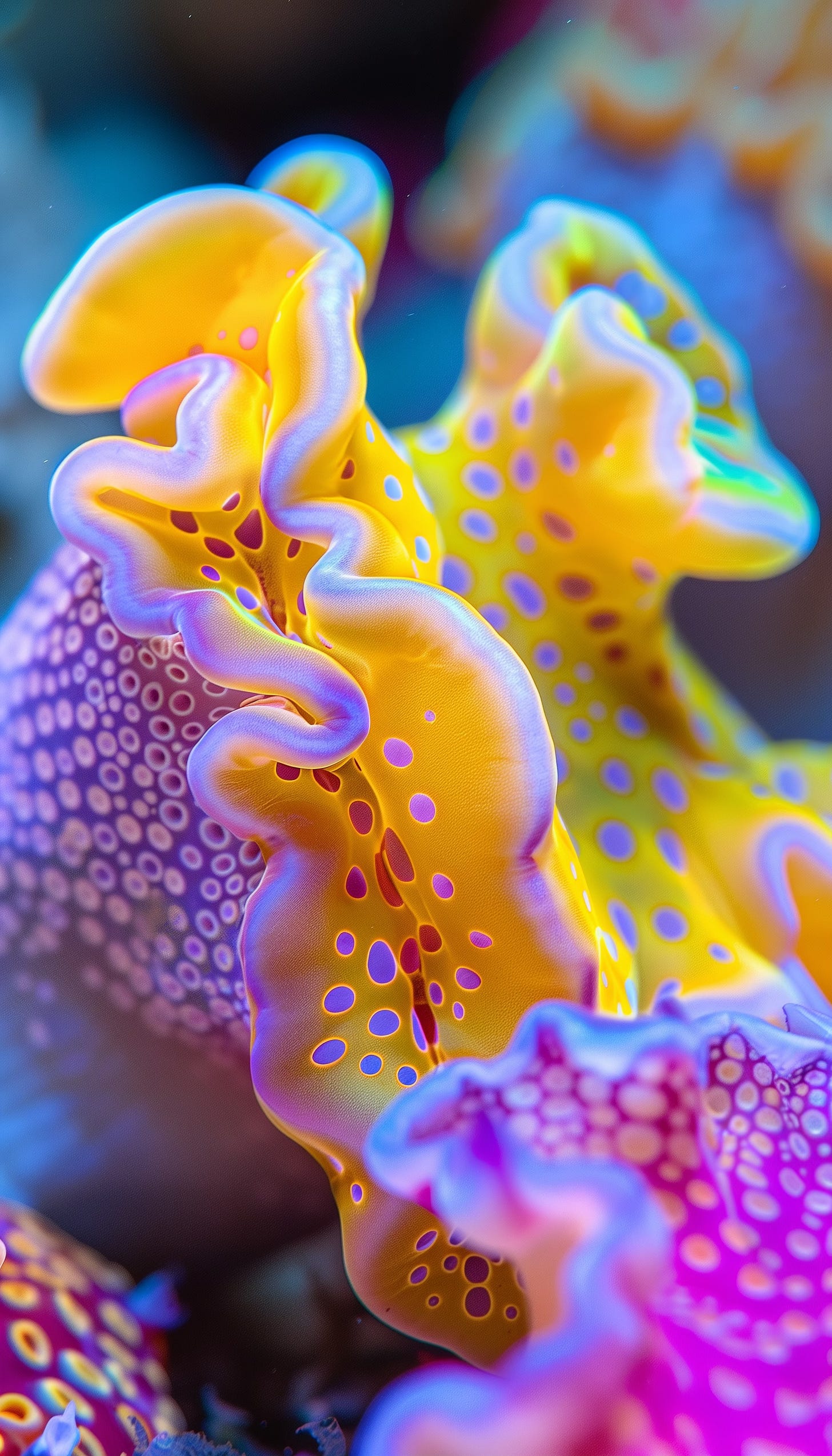When I was 12, I had the unforgettable experience of visiting the Great Barrier Reef. I missed a week of school for the trip, but one of my teachers gave me a special assignment to research how much the Great Barrier Reef had changed over the years. It was during this assignment that I discovered large portions of the reef were dying. Another interesting assignment was to describe the feeling of crossing the international date line where you lose an entire day, but that’s a philosophical idea for a separate blog.
We stayed on Hayman Island, off the coast of Australia. Our visit was marked by a cyclone, which confined us to the resort boundaries and our room for much of the trip. I was fascinated to learn that cyclones rotate in the opposite direction to hurricanes due to our location in the southern hemisphere. Even the toilets and water rotated the opposite way! On our last day, the sun finally came out, and we booked a snorkeling adventure. I was dazzled by the vibrant sea life, and I’m glad no one told me we were in great white shark territory, or I never would have been able to relax and immerse myself in the moment.
The Importance of Coral Reefs
Coral reefs are often referred to as the "lungs of the ocean," playing a crucial role in the health of our planet and, by extension, our own well-being. Here are five key benefits of coral reefs and why their preservation is vital:
1. Oxygen Production
Coral reefs contribute to the production of oxygen through the photosynthetic activity of the algae (zooxanthellae) that live within the coral polyps. This process not only supports marine life but also contributes to the oxygen levels in our atmosphere.
2. Biodiversity Hotspots
Coral reefs are home to an estimated 25% of all marine species, making them one of the most diverse ecosystems on the planet. This biodiversity is essential for ecological balance and provides a wealth of resources for medical and scientific research.
3. Protection from Coastal Erosion
Acting as natural barriers, coral reefs protect coastal areas from the damaging effects of waves, storms, and hurricanes. By absorbing wave energy, reefs reduce the impact on shorelines, helping to prevent erosion and flooding, which is crucial for the safety of coastal communities.
4. Economic Benefits
Coral reefs contribute significantly to the global economy through tourism, fishing, and recreation. They support fisheries that provide food and livelihoods for millions of people worldwide and attract tourists who bring economic benefits to local communities.
5. Climate Regulation
Coral reefs play a role in carbon cycling and the regulation of the Earth's climate. The process of calcium carbonate formation in corals helps sequester carbon dioxide, mitigating the impacts of global warming and maintaining atmospheric balance.
Efforts to Restore Coral Populations
The health of coral reefs is closely linked to our own well-being. Various efforts are underway globally to combat the decline of coral reefs and ensure their preservation:
Coral Gardening: Coral fragments are grown in nurseries and then transplanted back to degraded reefs to accelerate recovery.
Artificial Reefs: Structures are placed in the ocean to provide a foundation for new coral growth and attract marine life.
Reducing Pollution: Initiatives to minimize runoff of agricultural and urban pollutants help maintain water quality essential for coral health.
Climate Change Mitigation: Efforts to reduce carbon emissions and implement strategies for climate resilience are vital for the long-term survival of coral reefs.
Marine Protected Areas: Establishing and enforcing protected areas helps to safeguard critical reef habitats from destructive activities.
Connecting Coral Reefs to Self-Care
Just as coral reefs play a critical role in maintaining the health of our planet, they also remind us of the importance of caring for ourselves. The resilience of these ecosystems mirrors our own need for resilience in the face of challenges. Engaging with nature, practicing mindfulness, and supporting environmental conservation can enhance our mental and physical well-being. By contributing to the preservation of coral reefs, we not only protect a vital part of our Earth but also foster a sense of connection and purpose that can improve our quality of life.
By understanding the importance of coral reefs and supporting efforts to protect them, we contribute to a healthier planet and, in turn, a healthier, more resilient self.









